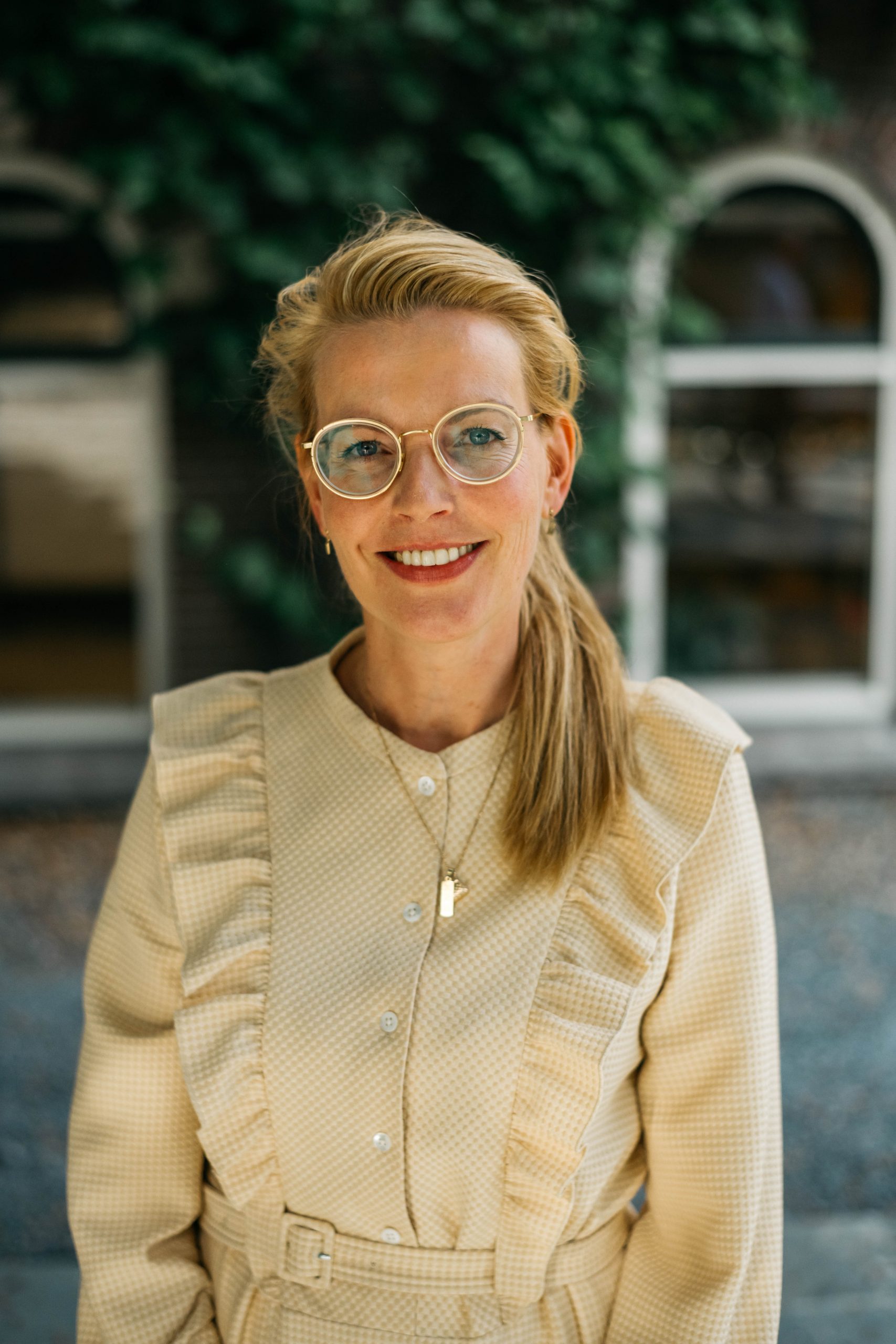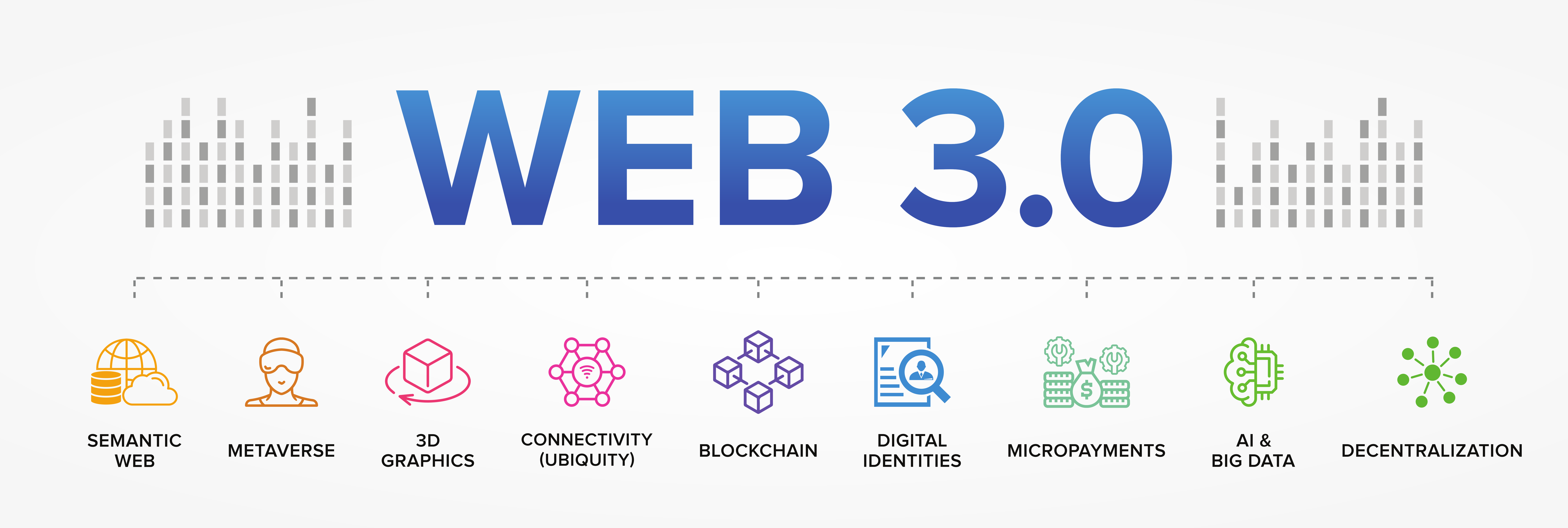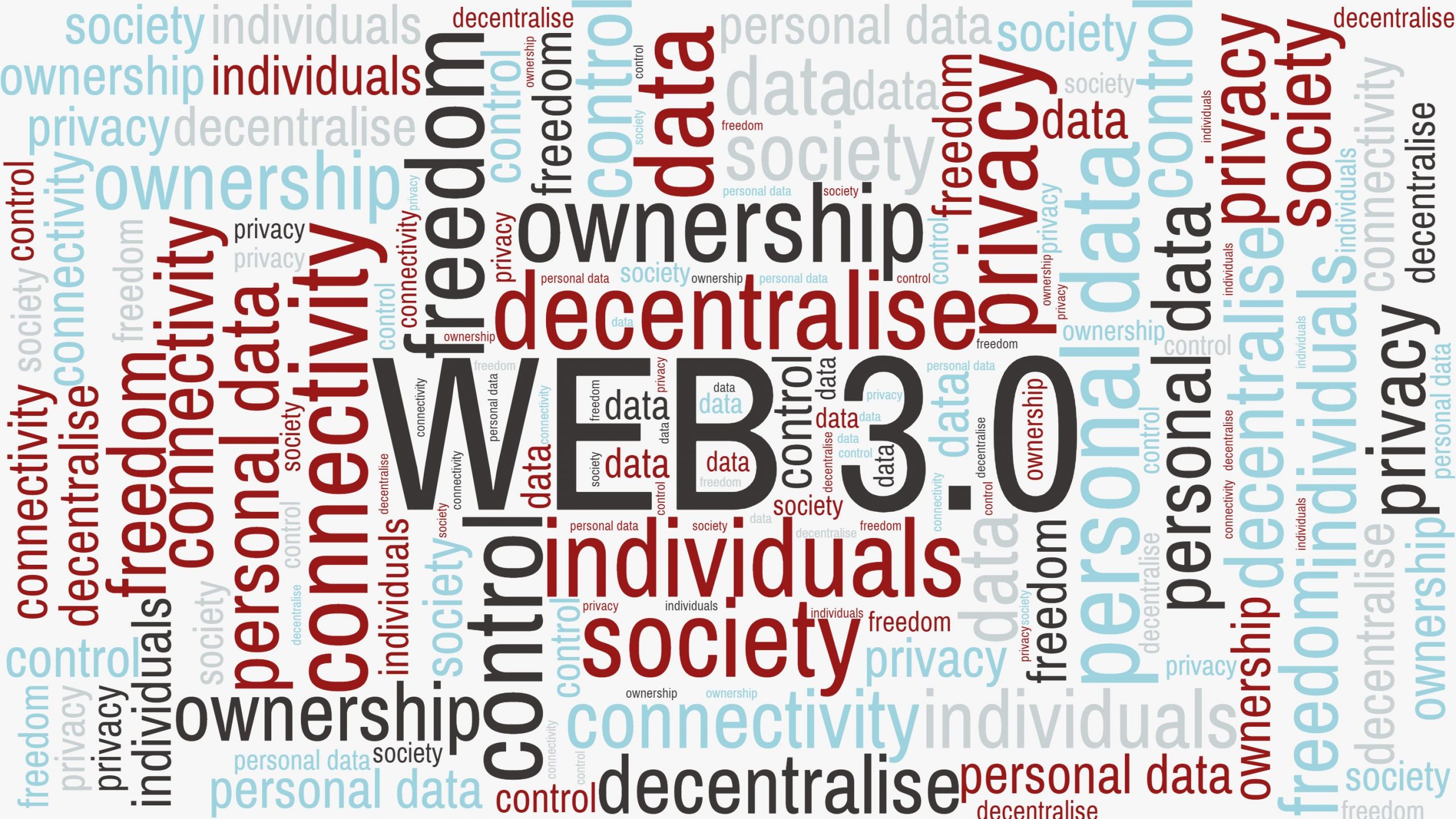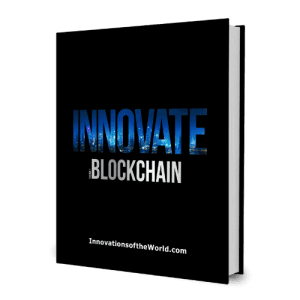THE DUTCH BLOCKCHAIN COALITION (DBC) IS A COOPERATIVE ASSOCIATION OF AFFILIATES FROM GOVERNMENTAL AUTHORITIES, CENTERS OF EXPERTISE AND THE COMMERCIAL SECTOR. ITS MISSION IS TO INCREASE BOTH KNOWLEDGE AND USE OF BLOCKCHAIN IN THE NETHERLANDS, THEREBY SPEEDING UP THE DECENTRALIZATION OF DIGITAL INFRASTRUCTURE. IN THAT CONTEXT, THE DBC IS PRIMARILY A CATALYST AND A FACILITATOR, ACTIVATING AND CONNECTING AN EXTENSIVE PUBLIC-PRIVATE NETWORK.

Fake news, data leaks and stagnating supply chains are making it clearer by the day that digital systems are in many cases also critical systems that need to be inclusive, verifiable and robust while remaining flexible and agile. Systems with such characteristics tend to be decentralized, particularly as they become more complex, and such a decentralized organization of digital systems at larger scales has been made possible by blockchain technology. A decentralized digital system presents an alternative to the centrally organized digital services of e.g. large tech companies that operate as monopolies, which fall short in transparency and are not very democratic.
This development is also known as Web 3.0. Decentralized systems are also a fundamental underpinning for scalable cooperation in complex issues such as the energy transition, safety or mobility. This makes decentralized organization of digital systems desirable in many cases, and blockchain is an important enabling technology in this respect.

The DBC’s vision is therefore that decentralization of digital systems is a logical next step in the digitalisation of society. The Netherlands wants to play an important role in Europe in that regard and therefore works closely with other European countries.
The Dutch Blockchain Coalition also closely monitors new developments and organizes activities for its members. Marloes Pomp works as an advisor within the Dutch Blockchain Coalition and is mainly concerned with new developments in the field of Web 3.0 and the Metaverse, like DAO’s and Play2Earn.
DAO stands for ‘decentralized autonomous organization’ and simply means an organization without central leadership. DAOs can be run by all users of the organization, unlike organizations with a hierarchical structure. How it works is that a DAO gives users the right to vote by distributing tokens. By voting on proposals from the DAO, decisions can then be made. This often involves distributing money or determining in which direction the protocol of the DAO must be built.
“Many blockchain developments simply run in loops, where the previous iteration continues to learn what works and what doesn’t. You see a lot more in other blockchain applications that pain points from previous versions have been solved, but DAOs are just getting started. I expect we’ll still have to go through a few cycles before we know how best to use DAOs,” Marloes says.
Play-to-Earn games use blockchain technology. Through NFTs, blockchain technology makes it possible for the player to actually own parts of the game such as your character, weapons and tools. As a result, it is not the game producer but the player who has ownership of all kinds of in-game matters. By playing the game you can earn from the game, but there are also other ways to earn money, for example by investing in certain characters or tools and then selling or renting them to others. Gaming with blockchain as the underlying technology has therefore become serious business. The P2E games developed at lightning speed during the Covid-19 pandemic. During the pandemic, P2E games even became a new source of income for large groups of people in a number of countries that did not have a social shelter network, such as the Philippines. The Philippine government has even made plans to tax income from gaming.
In the near future, Marloes will mainly focus on questions such as: what are the opportunities for the Netherlands/Europe with regard to a new digital economy? How can we ensure that important democratic values and regulations are safeguarded? And how do we prevent web 3.0 from falling into the hands of a few centralized tech companies? Blockchain will be an important building block for web 3.0, she says, as it will bring decentralization and digital assets. But we will now have to think carefully about how we are going to use it. We were also idealistic about the open and connected web at the beginning of Web 2.0. We all know how this has ended. Now is the time to do better by building a secure, inclusive and truly decentralized web.

EBSI
EBSI is a joint initiative from the European Blockchain Partnership (EBP) and the European Commission (EC) The vision is to leverage blockchain to accelerate the creation of cross-border services for public administrations and their ecosystems.
The aim is to simplify the verification processes by changing the way citizens, businesses and public administrations share information and trust each other. Since 2020, EBSI is deploying a network of distributed nodes across Europe, supporting applications for selected use-cases.
The EBSI Platform is a peer-to-peer network of interconnected nodes, operated at a national level by Member States’ authorities. EBSI is designed as a market-friendly ecosystem based on open standards and a transparent governance model. The EBP has defined and approved five key principles: public good, governance, harmonization, open source and compliant with EU regulations” (GDPR, eIDAS, etc.).












